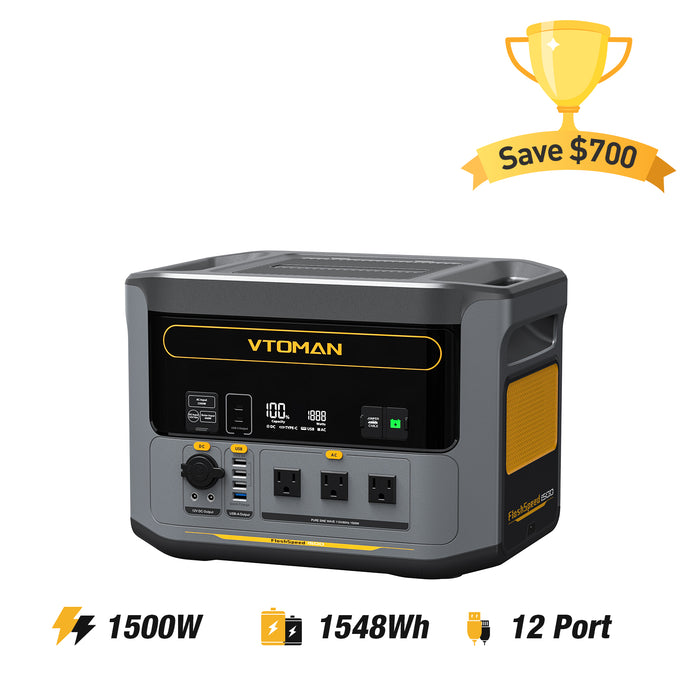Off-grid living is an appealing lifestyle choice for many, offering independence from traditional utility services. However, a common question arises: how much wattage do I need for off-grid living? Understanding your power requirements is crucial for a successful transition to this sustainable way of life.

Assessing Your Energy Consumption
Before determining the wattage needed, it is essential to assess your energy consumption. Start by listing all the appliances and devices you plan to use. Each item will have a specific wattage requirement, which can usually be found on the product label or in the user manual. For example:
- Refrigerator: 100-800 watts
- LED Light Bulbs: 10-15 watts each
- Laptop: 50-100 watts
- Television: 100-400 watts
By calculating the total wattage of all your devices, you can gain a clearer picture of your energy needs.
Calculating Daily Energy Needs
Next, you need to calculate your daily energy consumption. This is typically measured in watt-hours (Wh). To do this, multiply the wattage of each device by the number of hours you plan to use it each day. For instance:
"If you use a 100-watt light bulb for 5 hours, it consumes 500 Wh daily."
Summing up the watt-hours for all devices will give you your total daily energy requirement. This step is vital in answering the question: how much wattage do I need for off-grid living?
Choosing the Right Solar System
Once you know your daily energy needs, you can select an appropriate solar power system. A common recommendation is to have a solar panel system that can generate at least 20-30% more wattage than your calculated daily needs. This buffer accounts for inefficiencies and variations in sunlight. For example, if your daily requirement is 1,500 Wh, consider a system that can produce around 1,800-2,000 Wh.
For those interested in specific products, consider the Renogy 100W Monocrystalline Solar Panel, which is known for its efficiency and reliability.
Battery Storage Considerations
In addition to solar panels, battery storage is crucial for off-grid living. Batteries store excess energy generated during the day for use at night or during cloudy days. When selecting batteries, consider their capacity in amp-hours (Ah) and convert this to watt-hours (Wh) using the formula:
Watt-hours = Amp-hours x Voltage
For example, a 12V battery with a capacity of 100 Ah can store 1,200 Wh. This calculation helps ensure you have enough stored energy to meet your needs.
Conclusion
In summary, understanding how much wattage do I need for off-grid living? involves assessing your energy consumption, calculating daily energy needs, choosing the right solar system, and considering battery storage. By following these steps, you can create a sustainable and efficient off-grid lifestyle.
For further insights, check out this informative video on off-grid energy solutions: Off-Grid Living: Powering Your Home.
References









